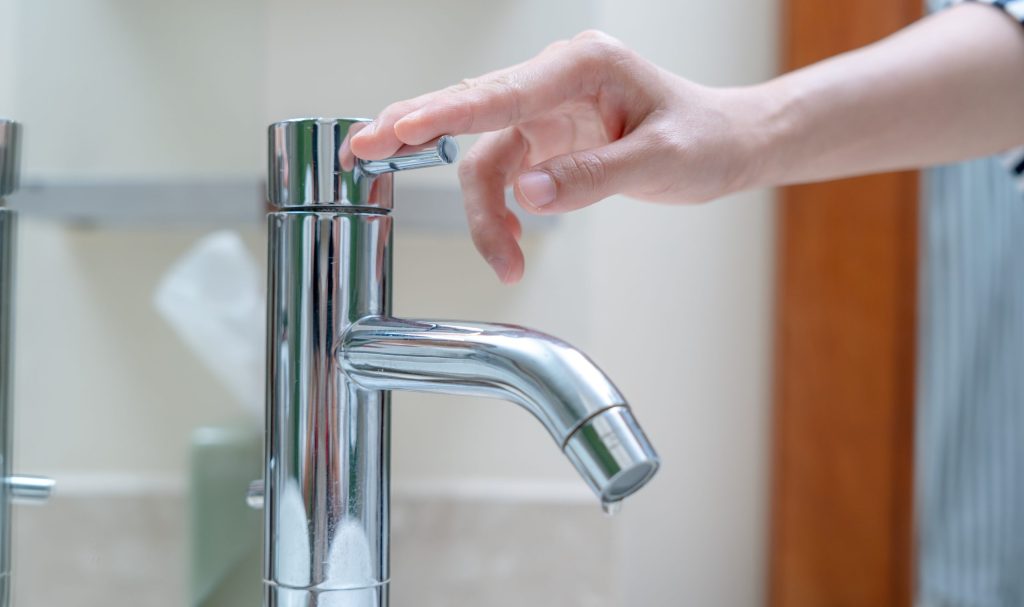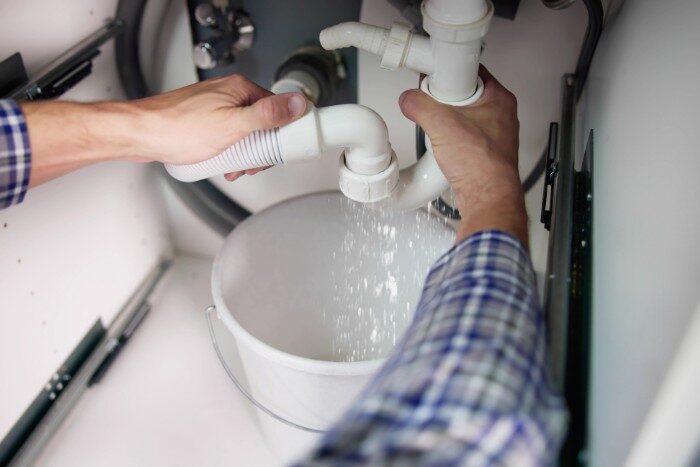
Innovative Digital Solutions for Water Efficiency in Today's Technology
Share
In an age where technology is evolving at an unprecedented pace, the urgency of sustainability and efficient resource management has reached new heights. As climate change exerts pressure on global water supplies, digital solutions for water efficiency have emerged as a vital resource for tech professionals and advocates eager to contribute positively. These solutions not only aim to maximize water usage but also help create a more sustainable future for generations to come.
To appreciate the power of these innovations, its crucial to explore their mechanisms and the various benefits they present. From intelligent irrigation systems to sophisticated data analytics, the fusion of technology and water conservation is reshaping how we approach resource management.

The Emergence of Intelligent Irrigation Systems
A key advancement in water efficiency is the advent of intelligent irrigation systems. Unlike conventional methods that depend on manual operations and approximations, these systems utilize sensors and data analytics to assess the exact water requirements for specific crops or landscapes.
For technology enthusiasts, the underlying mechanics of these systems are captivating. Sensors embedded in the soil gauge moisture levels and relay information to a central unit, which then determines when and how much water to supply. This ensures optimal growth for plants while tremendously cutting down on water loss.
Urban Landscape Advantages
In urban settings where minimizing water usage is critical, intelligent irrigation systems can bring about significant improvements. Public parks, personal gardens, and residential areas can leverage this technology, making certain that every drop of water is utilized wisely.
For more comprehensive insights on conserving water, visit Hopkins MN's water-saving tips.
Leveraging Data Analytics for Efficiency
Data analytics stands out as another formidable tool in the realm of digital solutions for water efficiency. By scrutinizing patterns and trends related to water consumption, tech experts can uncover inefficiencies and devise targeted strategies for improvement.
For example, in industries like agriculture and manufacturing, which typically consume high volumes of water, data analytics can identify leaks, instances of excessive use, and inefficient practices. This information can be harnessed to implement adjustments that save water and lower costs.
Predictive Analytics in Water Management
Predictive analytics elevates data analysis by employing historical data to forecast future water requirements. This foresighted approach facilitates superior planning and resource distribution, ensuring water availability when and where it is most crucial.
If you want to dive deeper into predictive analytics, check out this informative article detailing its transformative impacts across industries.
IoT: Shaping the Future of Water Management
The Internet of Things (IoT) is leading the charge for digital solutions for water efficiency. By connecting various devices and systems, IoT facilitates effortless communication and data exchange, resulting in more effective water management practices.
Smart meters, for instance, offer real-time insights on water consumption, empowering users to track and modify their usage behaviors. This transparency is invaluable for both individuals and organizations striving to minimize their water footprint.
IoT Integration with Existing Systems
While integrating IoT with current water infrastructures can pose challenges, the benefits far exceed the obstacles. Upgrading traditional systems with IoT-enabled components allows cities and businesses to achieve notable water savings while boosting their sustainability initiatives.
For further guidance on IoT integration, explore this insightful guide that covers foundational concepts and more.
The Impact of Artificial Intelligence on Water Efficiency
Artificial Intelligence (AI) is revolutionizing water management. By utilizing AI algorithms, tech experts can enhance water distribution and proactively address potential issues before they escalate.
AI models can simulate various scenarios, aiding decision-makers in selecting optimal conservation strategies. This capability is particularly crucial in areas vulnerable to droughts or where water is a limited resource.
Machine Learning for Adaptive Water Systems
A subdivision of AI, machine learning empowers water systems to evolve over time based on fresh data and insights. This ability to adapt is vital for preserving efficiency in a dynamic environment.
If you're keen on delving deeper into machine learning, this exhaustive article serves as an excellent entry point.
Wrapping Up
As global water shortages become increasingly pressing, digital solutions for water efficiency present a hopeful alternative. By harnessing technology, tech professionals and enthusiasts can play a crucial role in protecting this essential resource and fostering a sustainable future for all.
For additional water conservation strategies, you might want to visit American Rivers for practical tips.

FAQ
What are digital solutions for water efficiency?
Digital solutions for water efficiency refer to technologies like intelligent irrigation systems, data analytics, IoT devices, and AI algorithms that optimize water usage and conserve resources.
How do intelligent irrigation systems work?
Intelligent irrigation systems leverage soil moisture sensors and data analytics to determine the precise water needs for plants, ensuring efficient use and minimizing wastage.
What is AI's role in water management?
AI assists in optimizing water distribution, identifying potential challenges, and simulating scenarios for improved decision-making regarding water conservation efforts.
